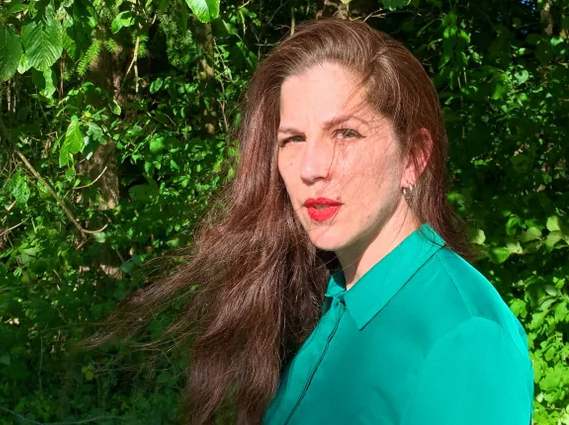
[ad_1]

“Don’t preserve bees. . .
“Preserve cattle, or chickens or canine. Their feelings are recognizable, their illnesses acquainted. Their speech, although overseas, is in a language we perceive.”
Thus begins Susan Cormier’s seasoned recommendation to beekeeping wanna-bees. There are ample causes to chorus from beekeeping, however I hadn’t considered the communication hole – the bees’ overseas speech. We relish the data (with a little bit of pleasure) {that a} human amongst us was capable of decipher the code, the language, of scout bees who inform forager bees the gap and course to fly to go to a meadow of sweetly scented nectar-bearing flowers. That human, Karl von Frisch, sat at a glass-covered colony of honey bees and watched their unusual little dances. A bow to the precise and a fast wiggle to the left advised the opposite bees to fly two kilometres at a proper angle from the solar’s place. The human who interpreted this language was given a Nobel Prize by suitably impressed different people.
However our communication ends there. It’s a one-way path, from bee to human, and coveys little information of curiosity to us. After all, bees talk different indicators to one another (odours when aggravated, brisk actions when defensive) and an astute beekeeper learns to listen to this language, too. However now we have no actual dialog with the bees.
We people have a way more nuanced intraspecies vocabulary to convey our ideas and emotions. The CBC Nonfiction award-winner, Ms Cormier, exemplifies this together with her mild treatise on the gulf between the bee and human species. And she or he has recommendation.
“Don’t concern deaths, or stings. Each of those occur incessantly. Concern hearth, drought, dusty parched earth and scorched, wilting flowers. Concern hearth, but carry one with you, waving smoke like fairy mud, like a priest’s incense-filled thurible, quietly chanting blessings and calm.
“Don’t concern stings, or the potential of them. Carry in your arms a field housing 50,000, and suppose nothing of it. Place your naked hand softly on 200 shifting our bodies without delay and know solely heat.
“Concern tiny mites, the unfold of spores and viruses — look ahead to twisted wings, spasming our bodies, the rotting stench of dying brood.
“Concern animals with paws, and hornets. When a small midnight shadow scurries throughout your garden, throw rocks, apples, something at hand. Hiss and growl. Arrange traps and hope for one of the best.”
There may be extra to Susan Cormier’s story. Her lyrical model needs to be learn for consolation, not for a beekeeper’s enlightenment. To take pleasure in extra passages from her work, learn this piece from CBC’s Literary Prize committee; To study Susan’s story, see this.
Be taught the language of bees. There isn’t any lexicon, no dictionary. They converse in tune and scent and secrets and techniques and dance. The closest related language is that of a faculty of fish, or octopi, or bushes.
Be taught the odor of anger, sharp and skinny like spilled bleach. Be taught the candy air and low, soothing hum of a balanced colony.
[ad_2]